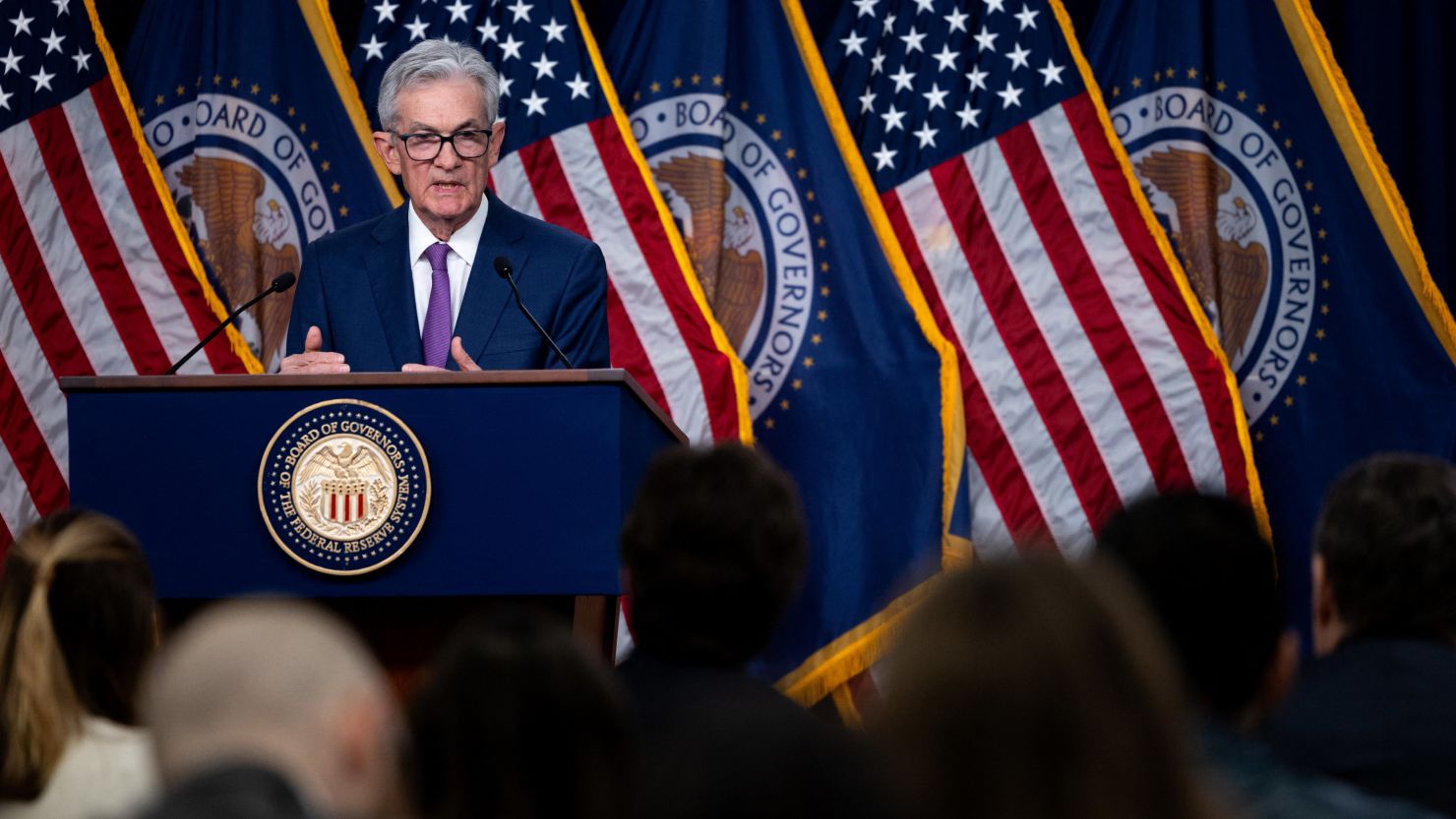Today’s News
Federal Reserve officials, during their June meeting, noted that while inflation is heading in the right direction, it hasn’t decreased swiftly enough to justify lowering interest rates just yet. The minutes from the meeting, released on Wednesday, reveal that policymakers are seeking more robust data before feeling confident enough to reduce rates.

Image Source: CNN
“Participants affirmed that additional favorable data were required to give them greater confidence that inflation was moving sustainably toward 2 percent,” stated the summary of the meeting. Although there was some disagreement among the 19 central bankers present, with a few considering a rate hike if needed, the consensus was to keep the federal funds rate unchanged.
Officials have observed improvements in recent economic data but are cautious, needing more proof of a sustained downward trend in inflation toward the Fed’s 2% target. The meeting underscored a cautious approach to monetary policy adjustments, with the Federal Open Market Committee’s “dot plot” anticipating only one rate cut by the end of 2024, a reduction from three cuts projected after the March update.
Discussion during the meeting also touched on the potential need to increase rates if inflation remains high or rises further, contrasting with the readiness to adjust should economic conditions weaken or the labor market deteriorate. “Several participants observed that, were inflation to persist at an elevated level or to increase further, the target range for the federal funds rate might need to be raised,” the minutes indicated.
Video Source: CNBC Television
Despite the varied opinions, a substantial majority of the participants view the current economic growth as “gradually cooling” and current policy settings as “restrictive.” This terminology is significant as it reflects the balancing act the Fed is performing—aiming to reduce inflation without harming the economy.
In a recent statement in Portugal, Fed Chair Jerome Powell suggested that the decision between cutting rates too soon—which could reignite inflation—and cutting too late—which could harm economic growth—is becoming more balanced. This marks a cautious shift from earlier positions which emphasized the need to aggressively combat inflation.
Other News
Pro Palestine Protesters Scale Australian Parliament Roof
Protesters advocating for Palestinian rights breached security at Australia’s Parliament House, unfurling banners and accusing Israel of war crimes. This incident involved four individuals on the roof.
Saks Owner Acquires Neiman Marcus for USD 2.65 Billion
The parent company of Saks Fifth Avenue is set to purchase luxury retailer Neiman Marcus in a deal valued at USD 2.65 billion, enhancing its bargaining power with vendors amid a slowdown in luxury spending.
Hong Kong’s IPO Market Poised for Rebound, Says EY
According to EY’s Global IPO Leader, George Chan, Hong Kong’s IPO market is expected to see a significant recovery over the next five years, bolstered by easing interest rates and a robust pipeline of listings.



